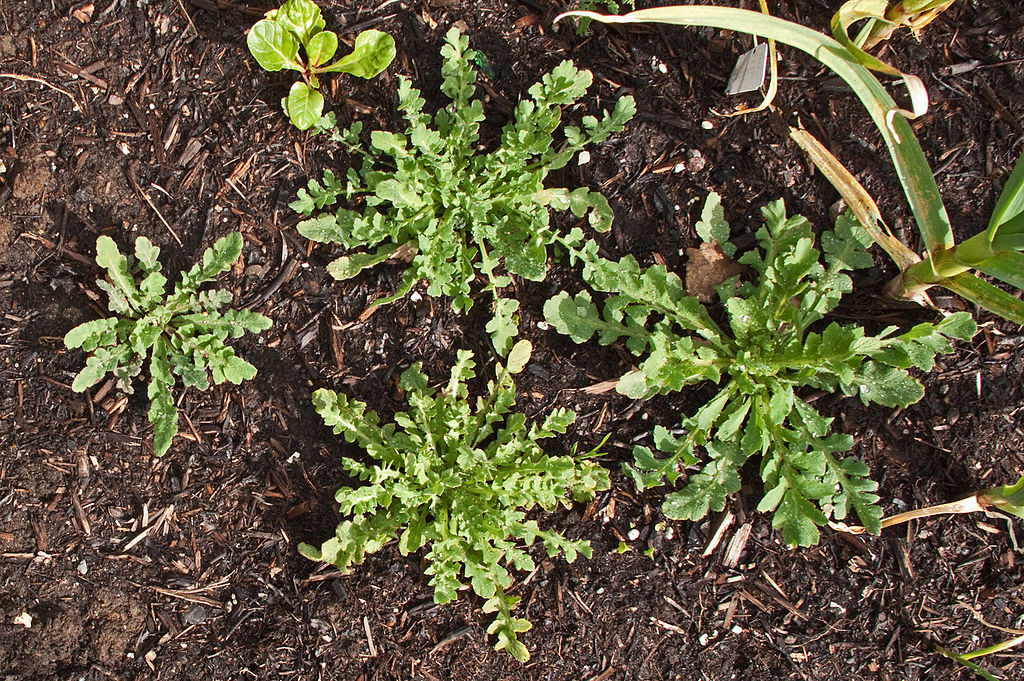Carbon dioxide (CO2) is one of the most common gasses in the earth’s atmosphere, courtesy of emissions from decaying organic substance and the mountains of wastes that both humans and animals often produce. With the rise in carbon levels in recent decades, scientists have been scrambling to find a way to reduce those levels. It would seem that they finally succeeded.
Plants normally play the biggest role when it comes to converting carbon dioxide into useful chemicals and gasses, but they are just too slow at this point, Researchgate reports. This is why scientists had to create a new method that utilizes enzymes that could convert CO2 faster than plants. The result is a pathway that helps speed up the conversion process by up to 20 times.
The team published their findings on Science magazine, detailing how they used 17 different enzymes from 9 organisms that naturally converted CO2 to create a pathway that is significantly more efficient than organic methods. The team is led by Tobias Erb, who is a specialist in microbiology and works Max Planck Institute.
“When provided with energy in the reaction tube, this designer pathway is able to continuously fix atmospheric CO2,” Erb told Researchgate. “So we’ve demonstrated that it is possible to rationally design new pathways for CO2-fixiation by following basic chemical rules and that such pathways can be optimized by including biological design principles.”
Right now, the team is unable to apply the process to actual organisms, but existing data is encouraging, Futurism reports. Once carbon conversion efficiency has been increased, it could result in all kinds of beneficial results, including the creation of new ways to feed livestock. There’s also the matter of actually manipulating the rate at which useful chemical compounds are created, including sugar, which is what CO2 is normally converted into by plants.



 Extreme heat, flooding, wildfires – Colorado’s formerly incarcerated people on the hazards they faced behind bars
Extreme heat, flooding, wildfires – Colorado’s formerly incarcerated people on the hazards they faced behind bars  GesiaPlatform Launches Carbon-Neutral Lifestyle App ‘Net Zero Heroes’
GesiaPlatform Launches Carbon-Neutral Lifestyle App ‘Net Zero Heroes’  Drug pollution in water is making salmon take more risks – new research
Drug pollution in water is making salmon take more risks – new research  What’s so special about Ukraine’s minerals? A geologist explains
What’s so special about Ukraine’s minerals? A geologist explains  Wildfires ignite infection risks, by weakening the body’s immune defences and spreading bugs in smoke
Wildfires ignite infection risks, by weakening the body’s immune defences and spreading bugs in smoke  Burkina Faso and Mali’s fabulous flora: new plant life record released
Burkina Faso and Mali’s fabulous flora: new plant life record released  Swimming in the sweet spot: how marine animals save energy on long journeys
Swimming in the sweet spot: how marine animals save energy on long journeys  How is Antarctica melting, exactly? Crucial details are beginning to come into focus
How is Antarctica melting, exactly? Crucial details are beginning to come into focus  Fertile land for growing vegetables is at risk — but a scientific discovery could turn the tide
Fertile land for growing vegetables is at risk — but a scientific discovery could turn the tide  An unexpected anomaly was found in the Pacific Ocean – and it could be a global time marker
An unexpected anomaly was found in the Pacific Ocean – and it could be a global time marker  Thousands of satellites are due to burn up in the atmosphere every year – damaging the ozone layer and changing the climate
Thousands of satellites are due to burn up in the atmosphere every year – damaging the ozone layer and changing the climate  We combed through old botanical surveys to track how plants on Australia’s islands are changing
We combed through old botanical surveys to track how plants on Australia’s islands are changing  Fungi are among the planet’s most important organisms — yet they continue to be overlooked in conservation strategies
Fungi are among the planet’s most important organisms — yet they continue to be overlooked in conservation strategies 































